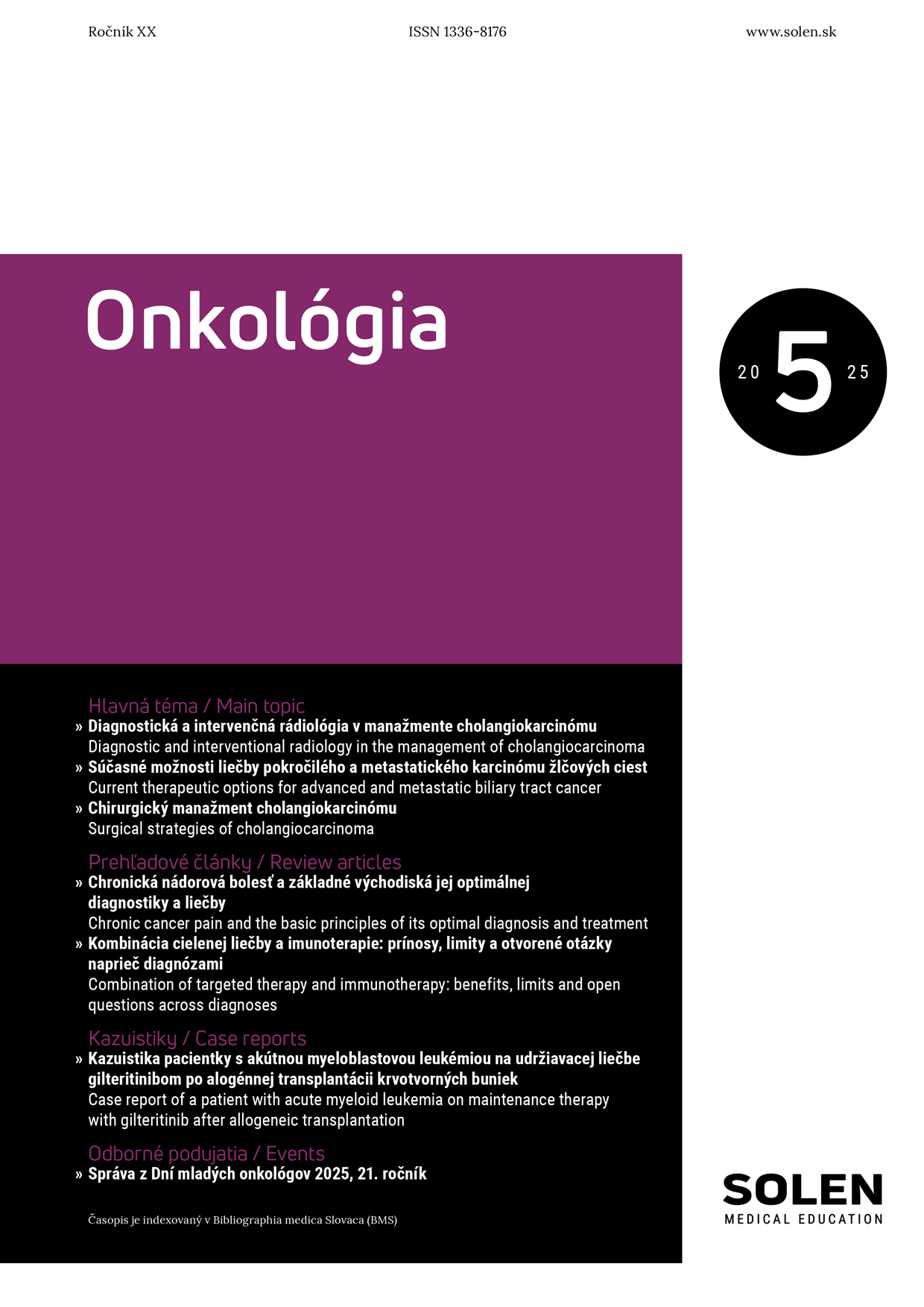Psychiatria pre prax 1/2007
TREATMENT OF DEPRESSION WITH ANXIETY AND INSOMNIA
Mixed symptomatology worsens therapy compliance and response to treatment strategy, tapers off chances for achievement of full remission, increases risk of suicidal behavior. These situations thus require grounding of a different treatment plan, thinking over of additional procedures, re-evaluation of selection of drugs and their dosing. Psychotherapy and pharmacology as well, are both efficacious in treatment of isolated disorders; however combination of treatments could be more effective. This is why we strive to employ combination of remedies also in the treatment of comorbid disorders. The key aim of the treatment must be always achievement of remission. In case of unsatisfactory response to drug treatment it is advised to increase dosage up to the most tolerated level, than replacement of treatment or combination. It is essential that medication must be given minimally for period of one year. Inhibitors of reuptake of serotonine (SSRI) and inhibitors of reuptake of serotonine and noradrenaline (SNRI) are usually chosen as the first line treatment because of their efficacy and relative benign safety profile; however they may not always be treatment of choice for each comorbid patient. CBT is at least as effective as SSRIs and SNRIs, in addition is having usually longer lasting effect after its completion, thus can be successful in these difficult-to-treat patients.
Keywords: treatment of comorbid depressive, anxiety disorders, and insomnia, pharmacotherapy, cognitive-behavioral therapy.

















